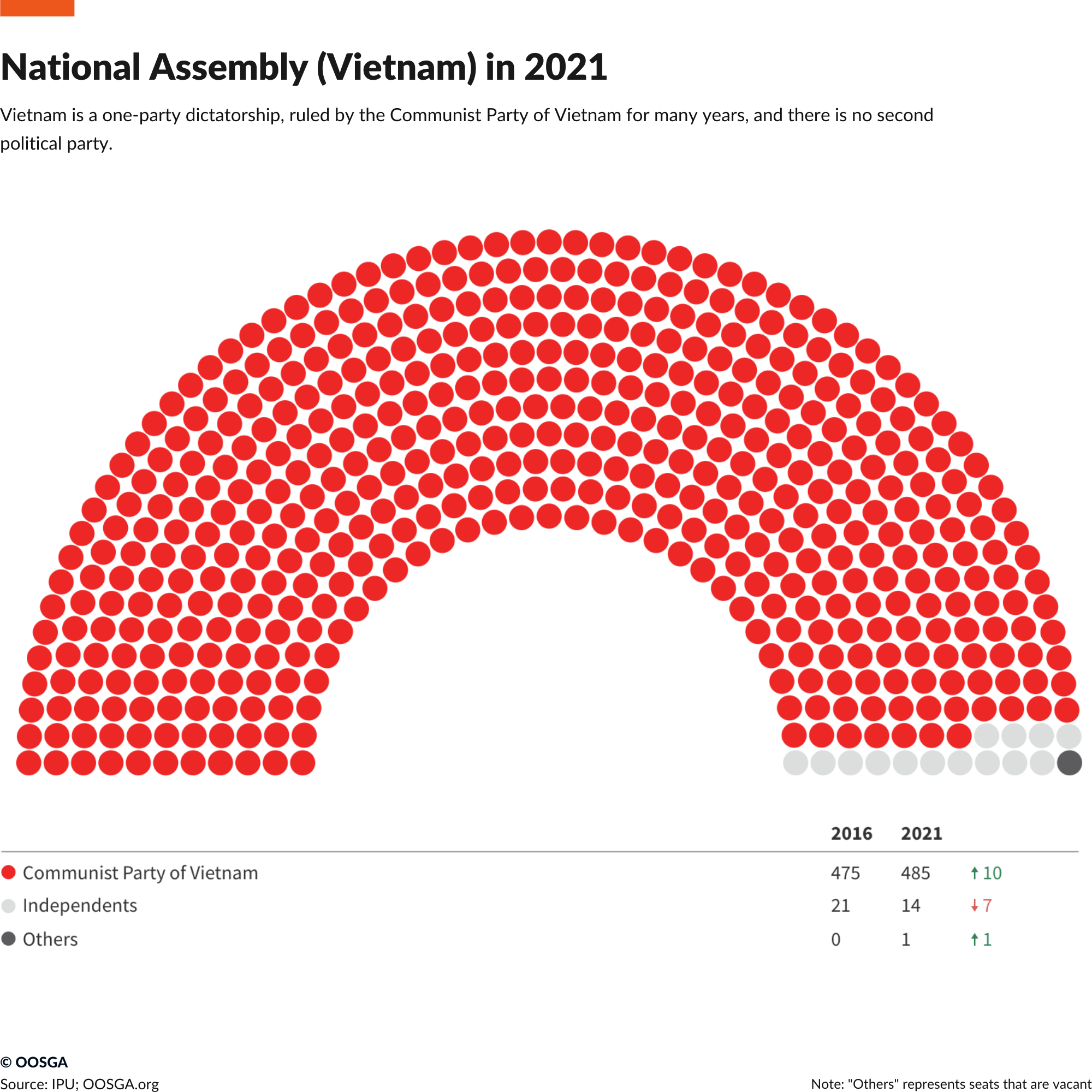Connect With Authors
*Your message will be sent straight to the team/individual responsible for the article.
After Vietnam gained independence in 1945, the government split into a communist-backed North Vietnamese government and a U.S.-backed South Vietnamese government. Ultimately, the civil war ended with a North Vietnamese victory in 1975 and established Communist Party rule over all of Vietnam. Subsequently, in 1978, Vietnam launched an aggression against Cambodia on the grounds of national security, and the Chinese government responded by invading Vietnam.
This series of events made Vietnam have very little contact with the Western world, and its economy and domestic political stability depended heavily on the Soviet government. It was not until the Vietnamese government launched the reform and opening up policy in 1986 that Vietnam began to increase political and trade exchanges with other countries, and made more progress after joining the World Trade Organization in 2007.
In recent years, as many enterprises in advanced countries have transferred many labor-intensive manufacturing industries to Vietnam due to cost considerations, Vietnam received more than US$1.5 trillion in foreign direct investment between 2010 and 2019. In recent years, considerations such as the Sino-US trade war, China’s continued zero-clearing policy, and improving supply chain resilience have also led more companies to shift investment to Southeast Asian countries and India.
Vietnam, which has relatively advantages in trade agreements, labor costs and infrastructure construction, has consolidated its position in undertaking these capital investments and has become the main beneficiary country in this wave, which has greatly stimulated Vietnam’s economic development. It is one of the fastest growing countries in ASEAN and even in the world.
However, corruption, the business environment, continued privatization and infrastructure are still unresolved issues in the country. As far as corruption is concerned, although the ten-year anti-corruption strategy plan launched in 2019 resulted in the punishment of more than 160,000 party members and the conviction of more than 7,000 party members, institutional factors still exist, so corruption persists . Nguyen Phu Trong, who will be re-elected for the third time in 2021, said in a speech broadcast on Vietnamese national television in October 2022 that he will continue to increase efforts to combat corruption.
As can be seen from Vietnam’s five-year plan, the current policy focus of the Vietnamese government will continue to focus on market liberalization and reduce government intervention in business, markets and the overall economy. There are not only political elements to this move, such as incentivizing foreign investment through greater market freedom, but also operational considerations. In Vietnam, so-called state-owned enterprises account for 30 percent of the state budget and 28 percent of GDP, and are also responsible for 60 percent of the country’s non-performing loans.
Based on the remarkable success of the Vietnamese government in trade and investment agreements, its follow-up policies will also increase productivity, especially labor supply, land supply and industrial infrastructure. Especially for land supply, the Vietnamese government also stated that it will reform land use, even foreign ownership (currently only restricting 50-year use rights, and lack of clear mechanisms and regulations on transactions), and provide new means of control.
-1.07 Billion
-0.3 %
0.3 %
35.3 %
The Vietnamese communist government system is a one-party dictatorship, similar to the Communist Party of China. The general secretary (successor) of the Communist Party of Vietnam is completed by appointment, and in practice, he will only serve two terms, one for five years each. In the recent election (February 2021), General Secretary Nguyen Phu Trong continued to take over the position of General Secretary based on the issue of successor, and his term of office will end in 2026.
Due to the advanced age of Nguyen Phu Trong, the probability of subsequent re-election is generally considered to be low, and the successor is generally speculated to be Prime Minister Pham Minh Trung, based on his relationship with the General Secretary and the general perception of the people.

-
23
Political stability is maintained in Vietnam as the Communist Party of Vietnam (CPV) has a firm hold on power. There are no significant changes expected in the near future, making Vietnam an attractive destination for people leaving a similar political situation in China. The country’s score for political effectiveness improves, albeit it remains weak, due to the efforts to crack down on corruption and streamline bureaucracy.
Vietnam will benefit from its involvement in major trade agreements. The country’s score in foreign trade and exchange controls is expected to significantly improve in 2022-26. Vietnam will benefit from being part of the Comprehensive and Progressive Agreement for Trans-Pacific Partnership (CPPTP), the free-trade agreement (FTA) with the EU, and the Regional Comprehensive Economic Partnership (RCEP). Other areas that will see progress include financing and infrastructure, with wider access to capital markets, more reliable power supply, faster internet speeds, and more efficient distribution networks.
Despite these improvements, infrastructure bottlenecks will still remain an issue, with many major projects only completed towards the end of the forecast period. Policy towards private enterprise and competition improves, although the state still retains a major stake in many key industries. The long-running push for partial privitization has slowed down noticeably.
-
46
0.76 $
3.03 $
314 $
3.7046 %